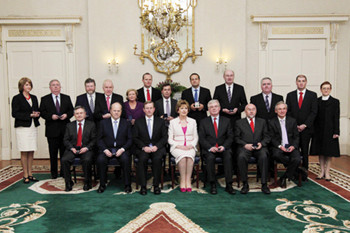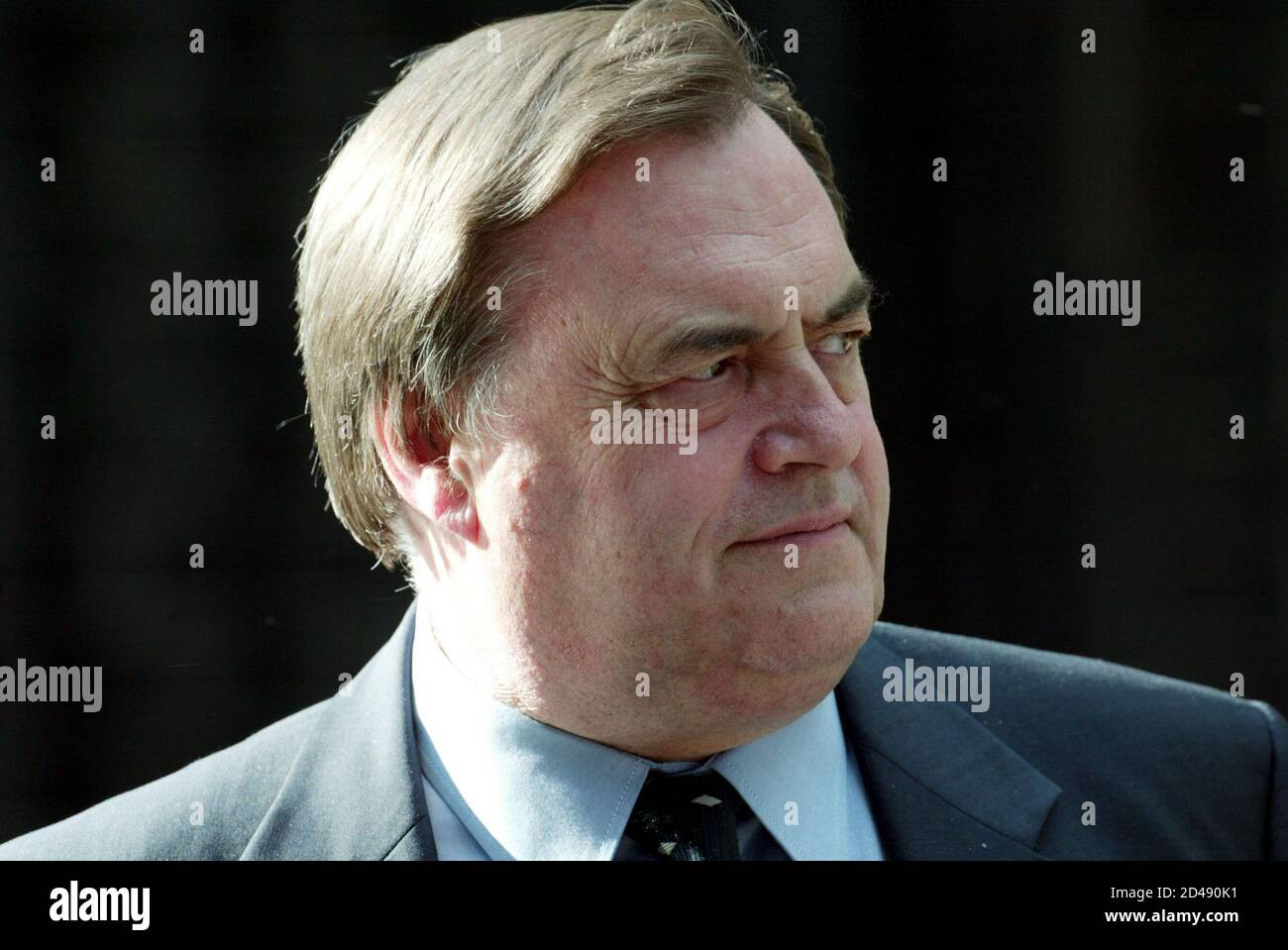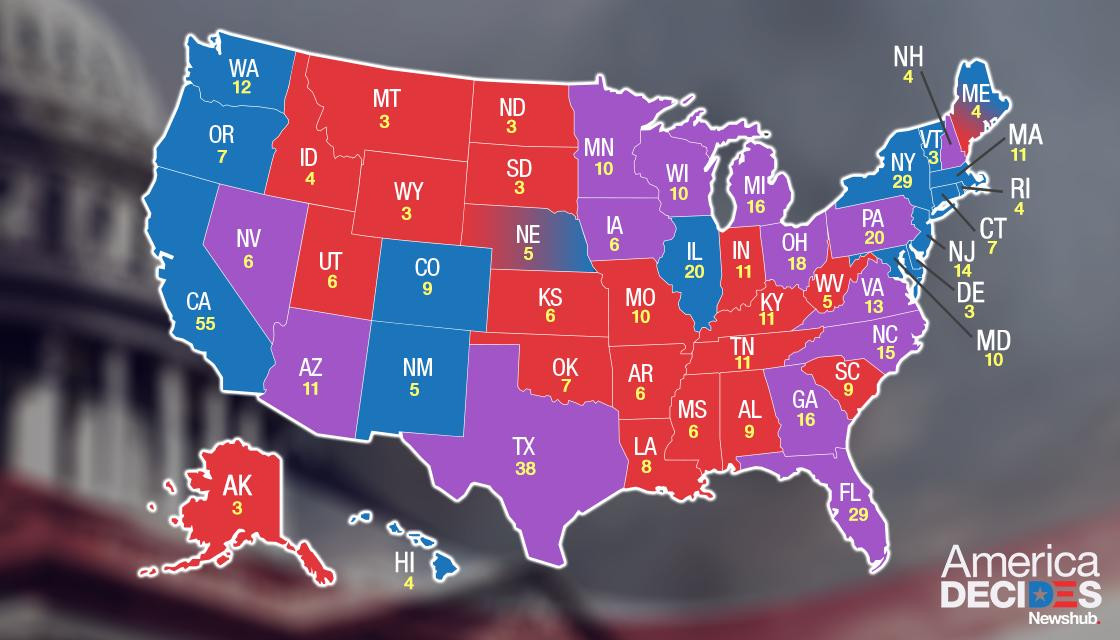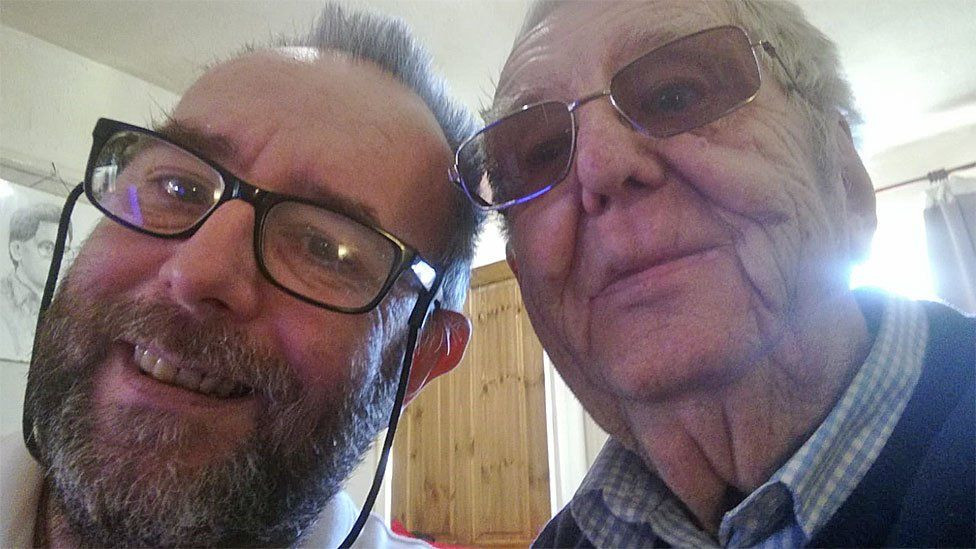Ireland's Next Government: A 40% Women Cabinet? The Fight for Gender Equality Heats Up!
Talks to form the next Irish government resume today after the Christmas break, with Fianna Fáil and Fine Gael expected to lead a coalition government. However, beyond the political maneuvering, a significant debate is brewing: the urgent need for increased gender representation in Ireland's highest office.
The Gender Gap in Irish Politics
Despite Ireland's progressive history – boasting Countess Markievicz as Europe's first female minister in 1919 – the country continues to lag behind in gender balance within its political sphere. While Máire Geoghegan-Quinn's appointment in 1979 marked a significant milestone, progress has been slow. Currently, women hold only 25% of the seats in the Dáil, placing Ireland a concerning 95th globally in terms of gender balance in national parliaments.
This isn't simply a matter of numbers; research consistently demonstrates the positive impact of gender-diverse leadership. Such diversity strengthens decision-making processes, enhances governance outcomes, and crucially, bolsters public trust in political institutions. As Katie Deegan, spokesperson for Women for Election Ireland, aptly stated, "gender diverse leadership will improve our decision making. It strengthens our democracy, it strengthens governance outcomes, but it also enhances the trust in politics within the public." This underscores the broader societal implications of achieving gender parity in politics.
The Hidden Problem of Seniority
The presence of several high-profile women in Irish politics might give the impression of substantial gender representation. However, this masks a deeper issue. Ireland has never had more than four women simultaneously serving in its 15-member cabinet. Ms. Deegan highlighted this disparity, explaining that "the women that we do have hold very senior positions within their parties. We have three women party leaders, we’ve got women who hold very high-profile roles, and you know, a lot of women do very forefront media and campaigning and so on, so it almost masks the problem that we have a lack of women in our politics." This highlights the need to focus on broader representation beyond just the most prominent roles.
The Need for More Women in 'Winnable' Seats
While the recent local and general elections saw a record number of women candidates, the issue of 'winnable' seats remains critical. Ms. Deegan emphasized that many women candidates were not positioned in seats with a high chance of success. Instead, they frequently served as additional candidates to male incumbents. The phenomenon of incumbency, wherein existing officeholders possess a significant advantage, presents a significant barrier to women's success in government. This is not merely about encouraging women to participate but about strategically positioning them to win, creating opportunities for genuine, lasting change.
The Case for a 40% Women Cabinet
Driven by these observations, Women for Election Ireland is advocating for a transformative commitment from the next government: a cabinet with a minimum of 40% women. This isn't just a numerical target; it’s a fundamental step towards creating a more equitable and representative political landscape. The organization's call is not only a response to the current underrepresentation but also a proactive measure to build a more inclusive political system that better reflects the diversity of Irish society. The significant number of women who ran in the elections shows an increasing willingness to participate and engage in the political process. The next government now needs to actively address and support this.
A New Era of Inclusion: The Path Forward
The upcoming government formation presents a crucial opportunity to address Ireland's persistent gender imbalance in politics. The proposed 40% female cabinet is a concrete, achievable goal. It is a step that would demonstrate a commitment to meaningful change. It will improve the quality of decision-making in Irish governance and reflect the aspirations of a modern, equitable society. By actively supporting women to run in winnable seats, providing targeted training and mentorship programs, and promoting inclusive political practices, Ireland can transform its political landscape. By implementing these strategies, Ireland can strive to become a global leader, not in the appointment of its first female minister, but in the truly equitable representation of women in all levels of government. Ultimately, the path forward requires a concerted effort, involving political parties, civil society, and individuals, to break down existing barriers and create pathways for greater female participation. The future of Irish politics depends on it. The call for a 40% female cabinet is not just a number; it is a demand for a more representative, just, and effective government.

















